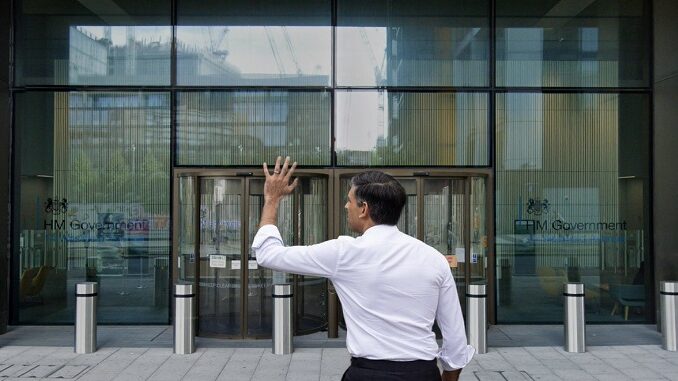
Do you remember the story of David Lee Edwards, the Kentuckian who won a $27 million Jackpot in 2001 but blew all of it by 2006? Well, receiving an unexpected financial windfall can be an exhilarating experience. Whether it’s an inheritance, a favourable legal settlement, or a jackpot win from a lottery site like Lottoland, suddenly finding yourself with a significant sum of money can profoundly overwhelm your financial decisions.
Financial advisors usually talk of the do’s of how to invest a windfall but fail to cover the don’ts to avert David Lee Edwards’s kind of situation. This article will explore common mistakes to avoid when investing in an unexpected financial windfall to help you understand the pitfalls you may encounter and adopt a prudent approach that’ll help you invest wisely and secure a brighter financial future.
1. Rushing into Decisions
After receiving a windfall, one of the biggest mistakes people make is rushing into hasty decisions. Some will see the money as an opportunity to buy expensive things they have always wanted. It’s essential to resist the temptation to spend or invest money without careful consideration immediately.
Take the time to evaluate your financial goals, consult with professionals, and develop a well-thought-out plan. Exercising patience and a strategic approach ensures that your investment decisions align with your long-term objectives. Buying that yacht or Lamborghini might be the biggest mistake of your life.
2. Neglecting Tax Implications
Failure to consider tax implications can lead to significant financial setbacks. Different windfalls may have varying tax liabilities, such as capital gains taxes on the sale of assets or inheritance taxes.
Consult with a qualified tax professional to understand the tax obligations associated with your windfall. This knowledge will enable you to plan effectively and avoid unexpected tax bills that could erode your newfound wealth.
3. Succumbing to Pressure
When you suddenly come into a substantial amount of money, friends, family, and even financial professionals may approach you with investment opportunities or get-rich-quick schemes. Avoid making impulsive decisions based on pressure or emotions.
Take the time to research and evaluate any investment proposal thoroughly. Be cautious of schemes that sound too good to be true, as they often are. In this case, seek advice from independent financial advisors who can provide objective guidance.
4. Failing to Diversify
Putting all your windfall into a single investment can be risky. Failing to diversify your portfolio leaves you vulnerable to significant losses if that particular investment performs poorly. Instead, consider spreading your windfall across various asset classes, such as stocks, bonds, real estate, and mutual funds.
Diversification helps mitigate risk and increase the likelihood of consistent returns over the long term. Consult with a financial advisor to create a well-diversified portfolio tailored to your risk tolerance and financial goals.
5. Ignoring Long-Term Financial Planning
Consider an unexpected windfall as an opportunity to strengthen your long-term financial position. It’s common for people to focus solely on short-term gratification and fail to consider their broader financial goals.
Take the time to reassess your financial plan, including retirement savings, debt management, and estate planning. Prioritise building an emergency fund, paying off high-interest debts, and securing your financial future. By incorporating your windfall into a comprehensive financial plan, you can make strategic decisions that align with your long-term objectives.
6. Overlooking Professional Guidance
While educating yourself about investing is essential, overlooking the value of professional guidance can be a mistake. Financial advisors can provide expertise, objective insights, and personalised advice tailored to your financial situation.
Engage with a reputable financial advisor with experience working with windfalls who understands your unique needs and goals. They can assist you in developing an investment strategy, managing risk, and ensuring your windfall is allocated appropriately.
Nonetheless, do thorough background checks on the financial advisor you engage with. There have been many cases of financial advisors advising clients to invest in pyramids where they lose all the investment.
Conclusion
Receiving an unexpected financial windfall presents opportunities and challenges. By avoiding the common investment mistakes outlined above, you can successfully navigate the complexities of investing your money. Remember to approach your newfound wealth with patience, diligence, and a focus on long-term financial security. By making informed decisions, you can maximise the benefits of your funds and set yourself on a path to financial prosperity.








